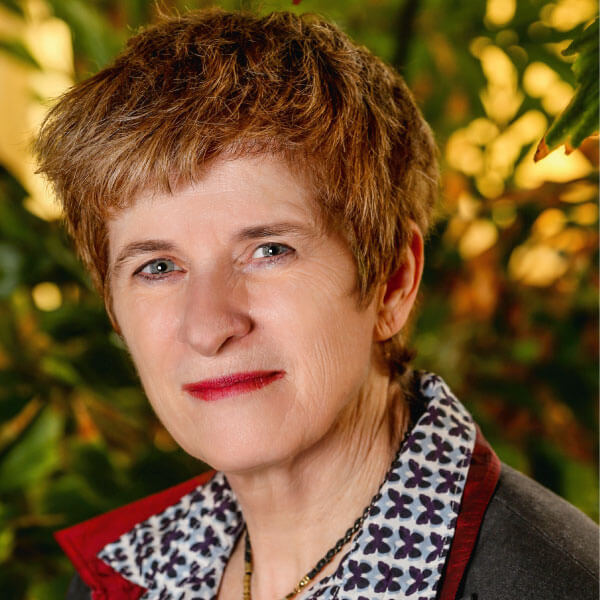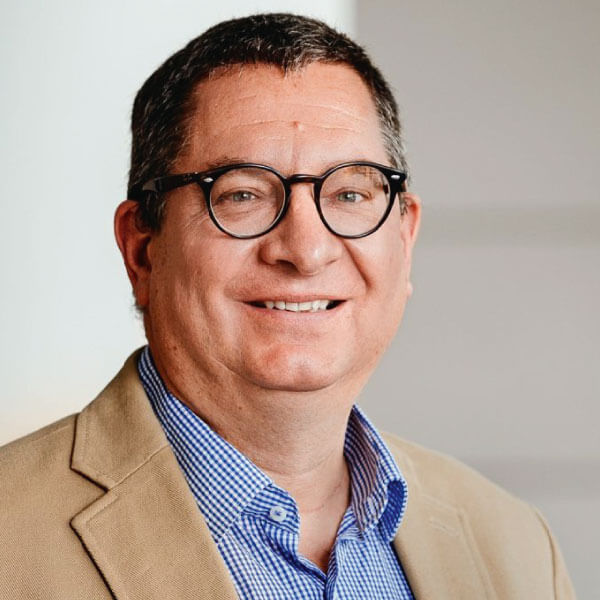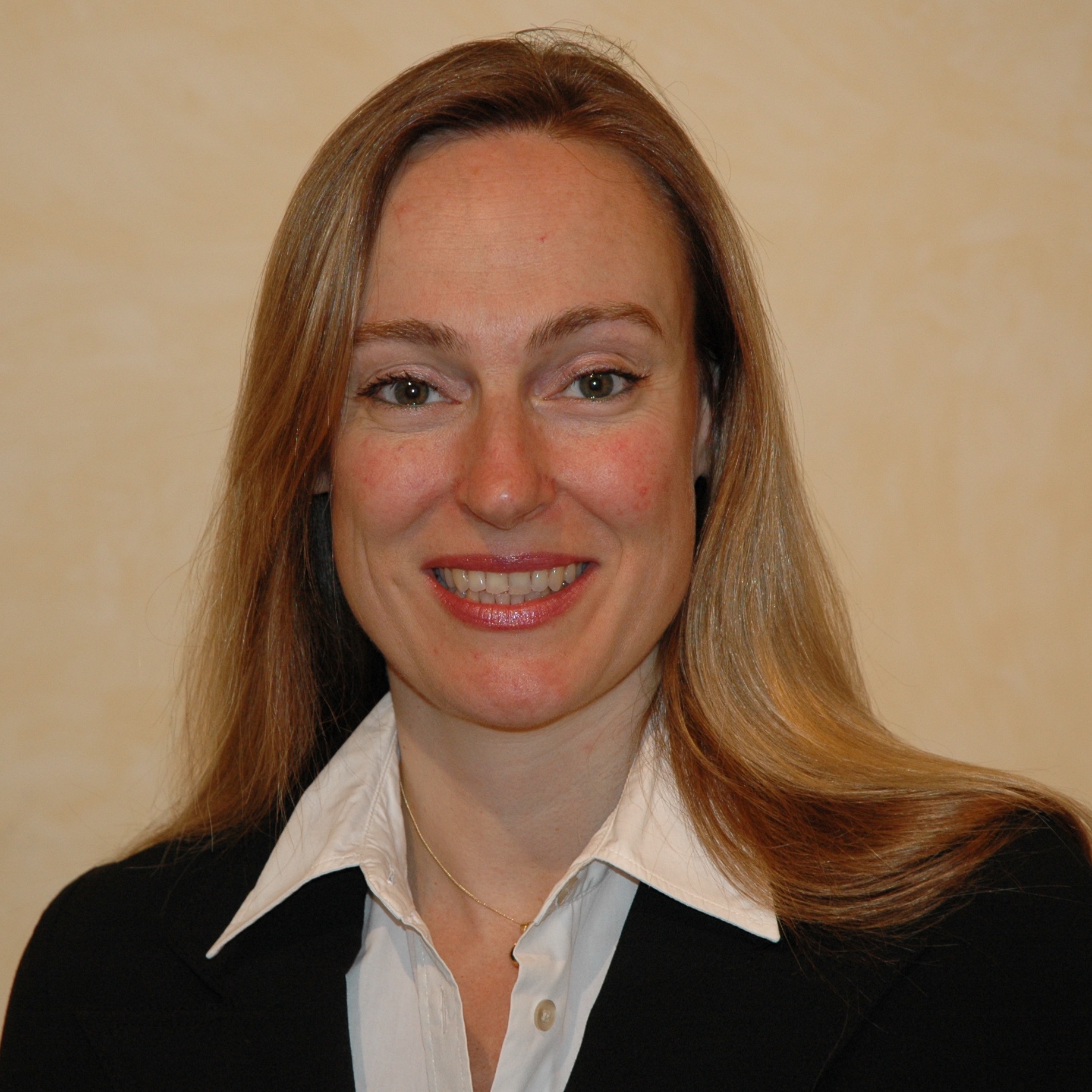Summary Day 1
Virtual dialogue brings experts from around the world together to discuss how best to ensure access to SRHR during COVID-19
Dozens of experts from four different time zones met at the 18th International Dialogue on Population and Sustainable Development to exchange their expertise and visions on different aspects of Sexual and Reproductive Health and Rights (SRHR) during and after the COVID-19 pandemic.
The first day of the first virtual International Dialogue of its kind was divided into two sessions – one in the morning, one in the afternoon - enabling delegates from around the globe to join the event.
Sharing expertise in working groups
Hosting the event online did not detract from its interactive nature. Delegates met in six small working groups, which enabled a rich exchange of information and visions.
The workshop topics covered the following areas:

Kate Gilmore
Chair - Board of Trustees for International Planned Parenthood Federation
Adaptation is possible in the midst of rapid change
After a lively online chat and coffee with the moderators, both the morning and the afternoon session started with welcome remarks by Kate Gilmore, the United Nations Deputy High Commissioner for Human Rights & Board of Trustees for International Planned Parenthood Federation (IPPF).
The workshops and discussions highlighted the severity of the challenges currently facing the SRHR community. Kate Gilmore picked up on these in her remarks, speaking of the pressure on services, supplies and support as well as breakdowns in global cooperation and universal commitment. Gilmore described how this has limited access to SRHR services and has undermined women’s right to making choices – especially amongst the poorest and most marginalized. The breakdowns in SRH services are underscored by the tragic increases in sexual and gender-based violence evident across the world, Gilmore said. Yet she also struck a positive tone, highlighting the new technologies and ways of working, such as telemedicine, that have been spurred by COVID-19.
“The pandemic has confirmed that in the midst of rapid change, where there is courage, effective adaptation is possible – be it in new guidelines, ways of working, or new healthcare delivery models” she stressed during her welcome remarks.

Jan Kreutzberg
Executive Director - Deutsche Stiftung Weltbevölkerung (DSW)
Let’s act fast and united to use this window of opportunity
Jan Kreutzberg, Executive Director of the Deutsche Stiftung Weltbevölkerung (DSW), reiterated the message that the COVID-19 pandemic can be a window of opportunity. Speaking at the closing of the morning session, Kreutzberg said COVID-19 can be a turning point for the realisation of SRHR for all – not only for making health systems more resilient, but also because the voice of science is now being heard and investments in research and development have increased. He called on the community to seize the moment.
“In order to make use of this temporary window of opportunity we need to act fast and united”, he said.

Carolin Bansbach
Head of Unit Health, Education and Social Development - Deutsche Gesellschaft für Internationale Zusammmenarbeit (GIZ)
Keep sight of long-term goals
Carolin Bansbach, Head of Section Health, Education and Social Development at the Deutsche Gesellschaft für Internationale Zusammenarbeit (GIZ), gave the closing remarks at the end of the afternoon session. She stressed the importance of a gender-sensitive response to COVID-19 and said she was very happy to see one of the workshops focusing on the gendered dimension of the pandemic.
Carolin Bansbach also underlined the importance of addressing ad-hoc needs quickly but warned about losing sight of long-term goals. “As all of you, we had to adapt to this unforeseen und unprecedented situation in a quick and effective manner – responding to upcoming ad-hoc needs that demanded immediate action without losing sight of our goal to contribute to strong and resilient health systems in our partner countries.”
Keeping focus on building resilient and strong health systems will strengthen the service delivery during and after the pandemic, Carolin Bansbach explained, including access to essential sexual and reproductive health services.